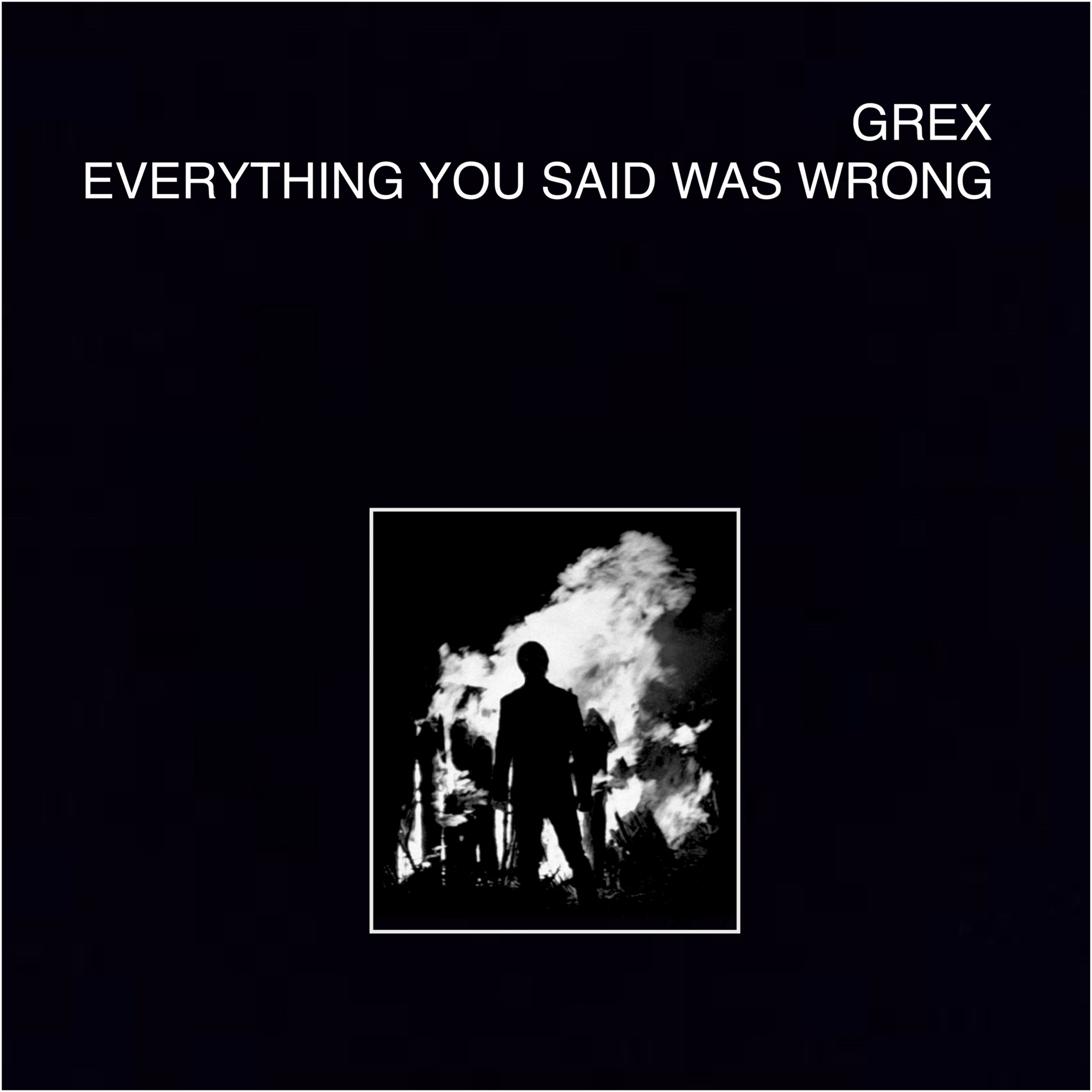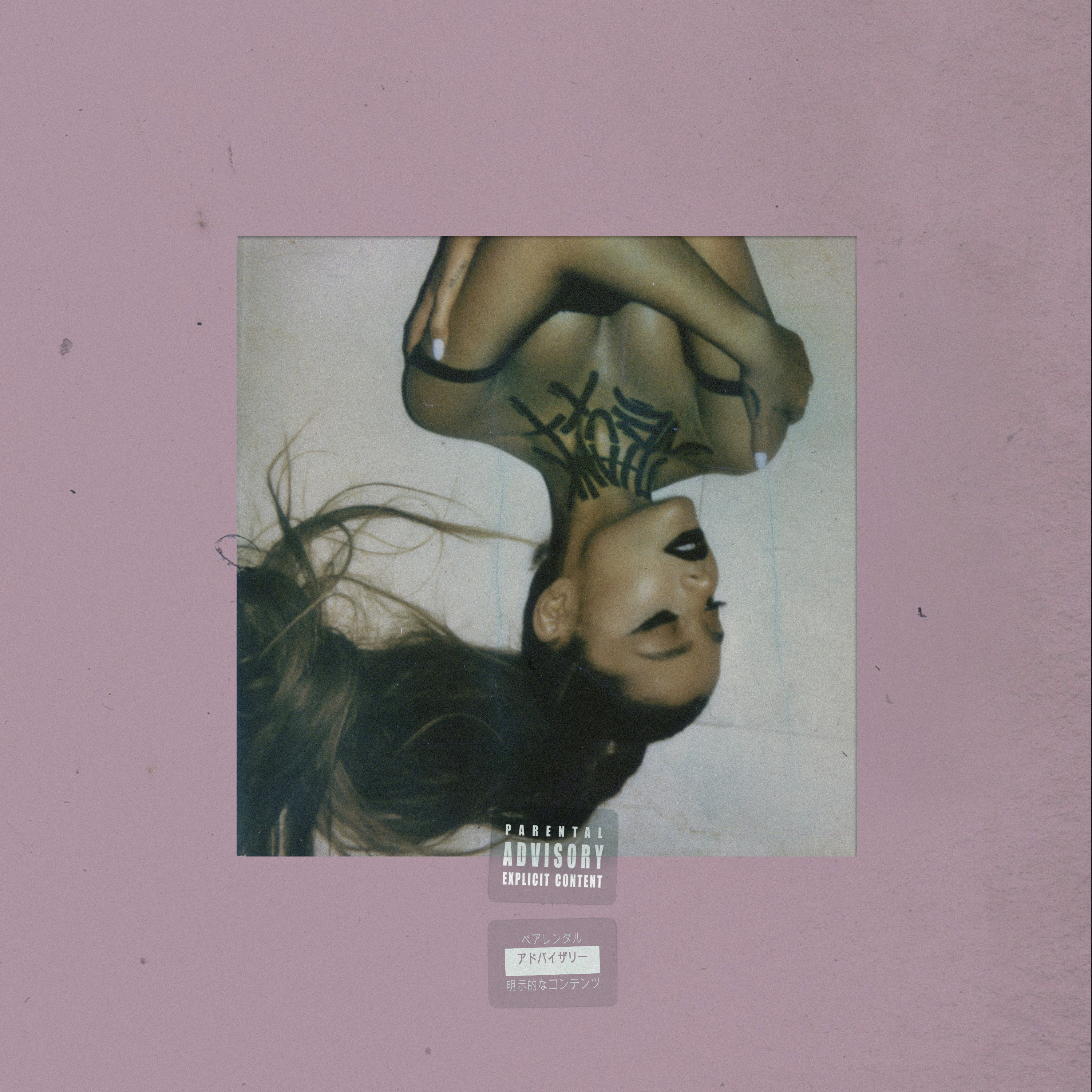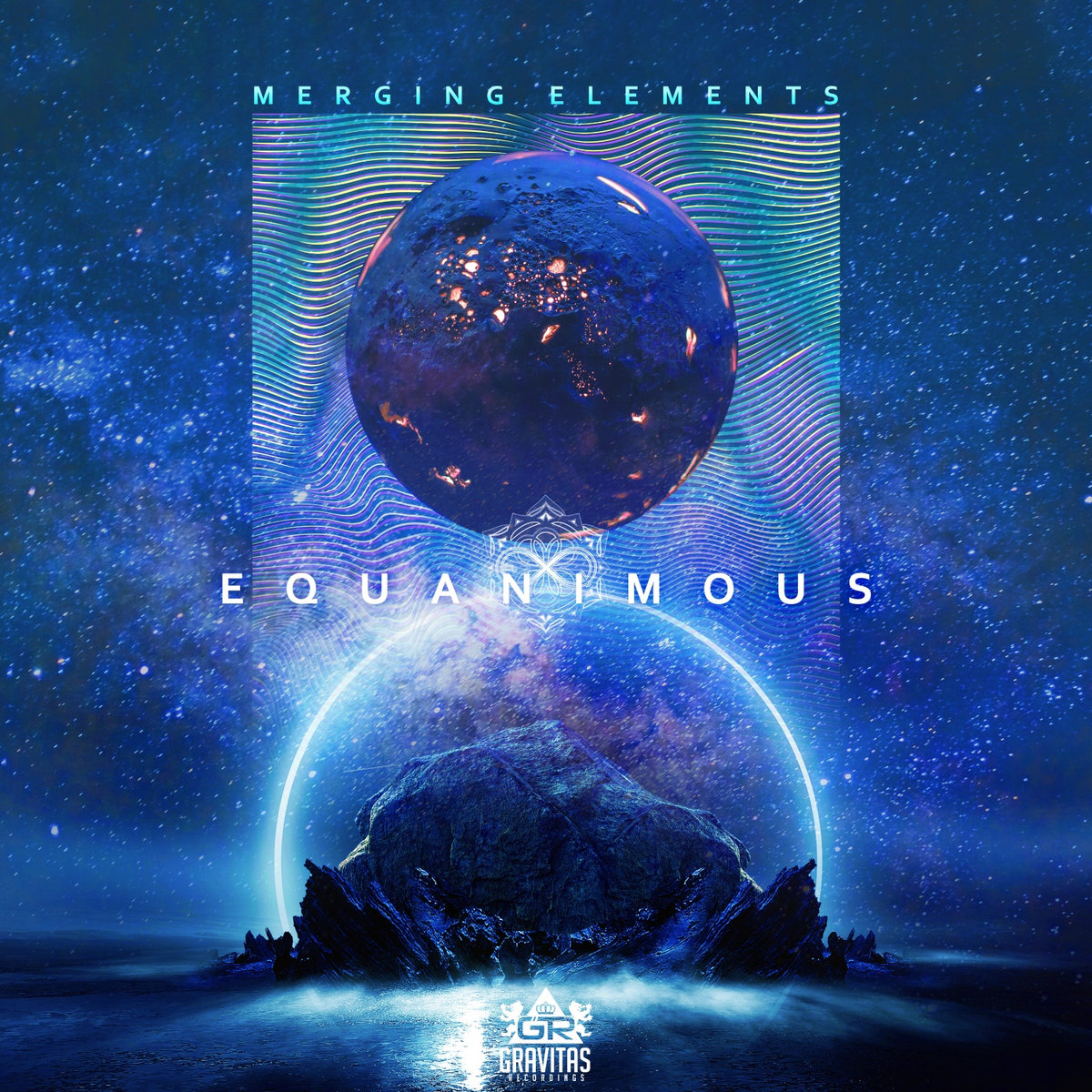By: Heather Bushman
If art imitates life, then life imitates nature.
When we look to the natural world, it’s not hard to see how these elements have been integrated into our social practices – the way we find safety in groups, the way we establish hierarchies to make the workplace more efficient, even the way we pursue people we’re attracted to.
But there’s one similarity that shows up more prominently than the others.
Life, like nature, is cyclical.
Newton was onto something with those laws of motion: up and down, equal and opposite. We see it not only in physical phenomena, but in the everyday state of affairs. Patterns, routines, we thrive off of them, and though the names and faces change, it can all feel very rinse and repeat.
Rachel Ohnsman understands this idea of life in patterns, or more accurately, phases, and it’s evident in her latest project. The singer/songwriter/musician/everything-and-more’s newest album, Moon Songs, examines trauma recovery through the phases of the moon, with each of the eight songs representing a different phase.
The concept record fleshes out the extended metaphor to the point where the lines between art, nature, life, and self are blurred completely, and what transpires is a beautifully painful journey of hurting and healing. Ethereal instrumentals back the gripping lyricism that navigates both the heights of earned confidence and the depths of inflicted insecurities, all culminating in a triumphant expression of self-actualization and new beginnings.
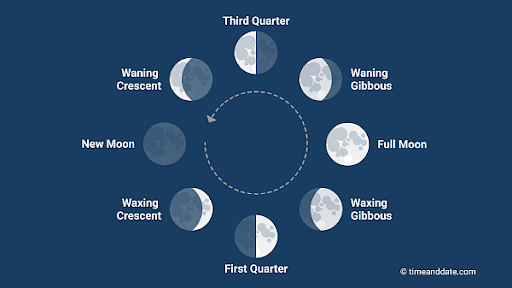
Moon Songs is the embodiment of a true album. Not simply a collection of songs, each track works in tandem with the others, all connected to execute a central thesis. While the compositions are magnificent on their own, the beauty of Moon Songs is dependent on the record as a whole entity. It is absolutely essential to listen all the way through and in track order to reap the benefits of the concept. Moon Songs is less an album than it is an experience, one that wholly rewards the listener for taking the time to embark on the journey.
One look at Ohnsman’s résumé and it’s clear she knows her stuff. She’s a classically trained singer and pianist. She’s writing a musical. She’s toured all across the world. She gave a TED Talk (one that actually inspired my own thinkpiece on genre. You can imagine how excited I was to write this). So really, it’s not a surprise that Moon Songs is musically pristine.
The album is genre-less, impossible to define in one sonic category. For every modern synth motif, there’s a classic string passage to counter it, and for every plucky harp, there’s a hip-hop inspired hi-hat and snap rhythm to back it. The host of guest producers Ohnsman recruited for this project bring a diverse and developed soundscape to each track, and it’s impossible to decipher how the next song is going to sound.
“Aphrodisiac,” the opener and one of Ohnsman’s earlier singles, is sonically and lyrically indicative of newness, an emergence of some nature. “I’m your new favorite substance in the making,” she guarantees, and the budding relationship begins to unfold. The synths seem to whir to life in the track’s introduction, Ohnsman’s voice enters above a subtle burst of guitar and piano, and the cycle begins. The track is a faithful reflection of Ohnsman’s musical persona: vocals that effortlessly drift through dynamic extremes, a dreamy soundscape that blends traditional instrumentation and modern elements, and creative, elevated lyricism.
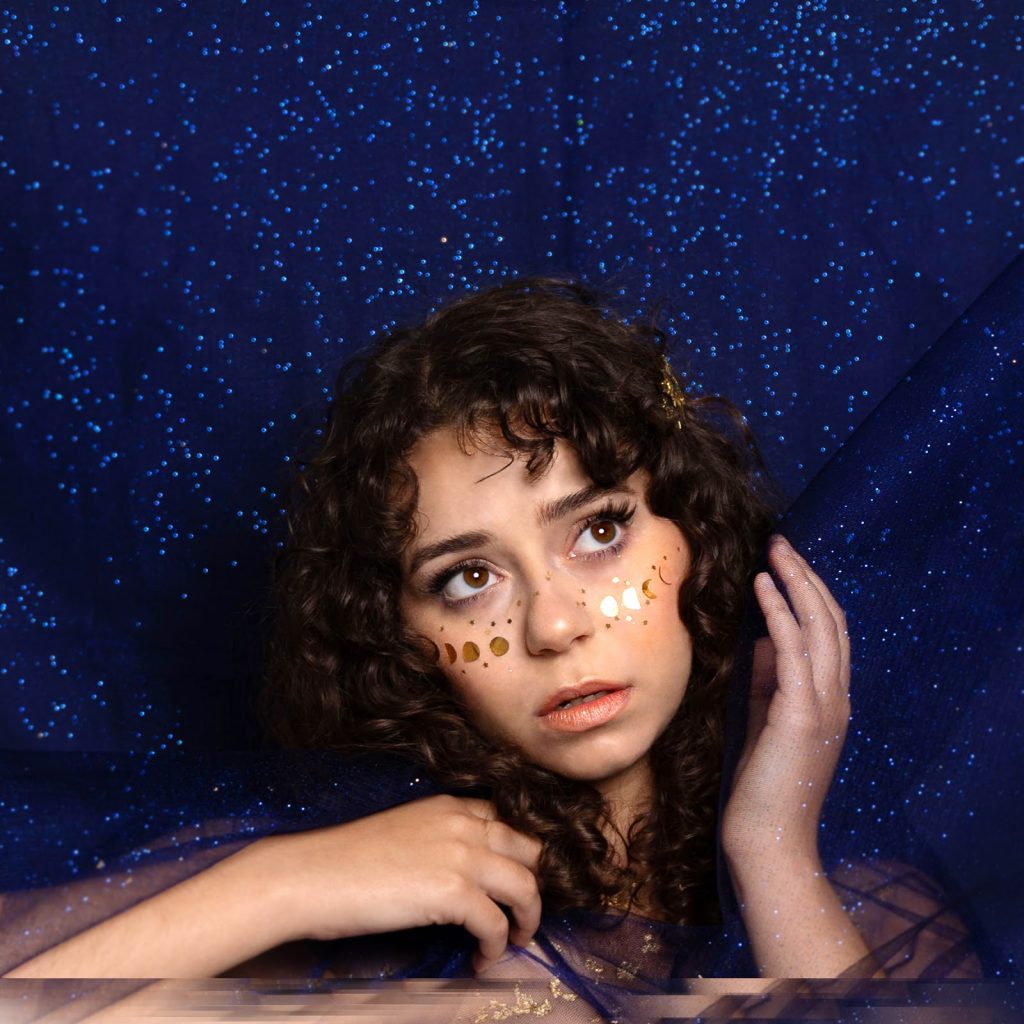
The album’s concentration on patterns translates most directly in the subject matter. The organization of the tracks not only represents each phase of the moon, but also cycles through an emotional journey. Feelings of newness and hope on “Aphrodisiac” immediately shift to ones of betrayal and disillusionment on “Eclipse,” and the following “Ghost” leaves us with sentiments of yearning and loneliness. “All I wanted was someone breathing beside me,” is devastating, a lyric soaked in loss.
It’s made even more painful by the fact that Moon Songs is the product of Ohnsman coping with her sexual assault. The songs cut deep, especially in the moments of voiceover that occasionally appear. The monologue from “Eclipse,” perhaps the most musically complex and sprawling track of the album, is an especially heavy display of emotion.
“You think you’re powerful, but your strength lies behind shut doors and dark streets, closed legs on wet sheets. Mine lives in the light, and that light can’t stay out forever. No matter how dark the sky’s attire, the sun will find a way to set the world on fire.”
The track begins to build over a chorus of “thought you were different/thought you were kind/my intuition/caught in a lie,” and Ohnsman’s voice emerges through the soundscape, practically wailing. Between the pounding orchestral drums and the commanding vocal work, this song is almost reminiscent of the best of Florence + The Machine or Björk – powerful and unrestrained.
For an album that’s so clean, “Eclipse” is a rare moment of rawness. It doesn’t try to work around Ohnsman’s devastation – it embraces it, and that makes it all the more real.
But Moon Songs cycles on. The pain of the first half is offset by the strength of the second, and the shift is marked by the transitory tracks “Never Leave Me…” and “Alone.” The former bleeds into the latter, and while “Never Leave Me…,” an acapella plea for the comforts of companionship, clings to the promises of the past, “Alone” is all about acceptance. A light guitar ode to the flaws of the one who scorned her, “Alone” is the sound of Ohnsman learning to let go.
And from there, it soars, weightless and exploding with unbridled elation. The following tracks are celebratory above all else. “Sparkle” is especially joyful, the more upbeat instrumentals and inspirational lyrics feel cinematic, like the happy ending the protagonist deserved all along. “I picked myself up off the floor, decided that’s not me anymore,” as the hook proclaims, is a picture-perfect lead up to a well-deserved resolution.
Perhaps the most impressive element of Moon Songs is Ohnsman’s dedication to her concept. It’s a nit-picky observation, but the absence of a title track is a nice touch – one that adds to the idea of the album as its own entity and each track acting as only part of a whole.
“Space” in particular carries this sense of otherworldliness. Electronic beeps and blips decorate the beginning as Ohnsman’s voice seems to descend from the cosmos. “You still don’t know the gravity of what you’ve done. Still, I’m lifting off the weight of this cold war,” she declares. The rest of the track is equally starry, filled with electric pianos and elegant background additives while Ohnsman hammers home the thesis: “I’m taking back my space.”
When the closer, “Found Myself,” arrives, the journey feels complete. “Back where I started, but nothing’s the same,” she says. It’s a conclusion, but by no means an ending. Life goes on, and Ohnsman, over a stripped piano ballad, prepares for the new phases, this time having loved, lost, and learned.
In a mere 23 minutes, Moon Songs explores the peaks and valleys of emotion. It’s celebratory and sorrowful all at once, and through the journey, we are constantly reminded of the powerful complexities of the human spirit. Art, life, nature – they all overlap, reflecting elements of the others and repeating within themselves. We see it every day: no matter how much our experiences change us, no matter how much we learn and grow, the patterns that define our lives tend to repeat.
The crescent wanes. The moon is new. The cycle begins again.
Special thanks to Rachel Ohnsman, Gramophone Media, and all parties involved for sending us this record!
Be sure to check out the Moon Songs below!
SOFLOSOUND.com is your one stop shop for a music fan’s music reviews, profiles, and essays. By the youth, for the youth, and allied with all oldheads, everywhere. Leave a comment below on what you want to see next!

